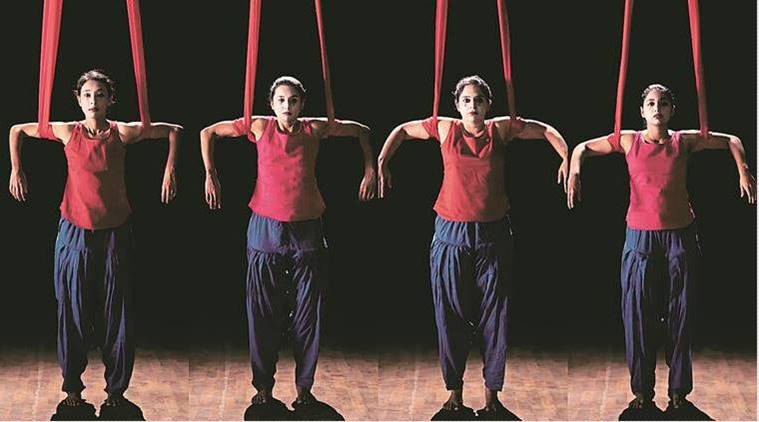 A still from But What Was She Wearing?
A still from But What Was She Wearing?
Much before the #MeToo movement rocked the American film industry last year and took the Indian film and media industry by a storm, Chennai-based filmmaker Vaishnavi Sundar had started work on her documentary on sexual harassment at the workplace.
Her work of over two years bore fruit in September last week when she announced her 110-minute documentary. The film will be screened at Chennai’s Goethe Institut on November 3.
Titled But What Was She Wearing?, the film begins with commonplace statements being thrown at the audience — from ‘This is not harassment, this is just guys hanging out’ to ‘This is all in your head…’ and ‘This girl will make a complaint and this guy will lose his job’.
Activist Archanaa Sekar, activist-lawyer Amba Gauri, and actors Priya Malik and Parvathy among others share their thoughts and experiences in the subsequent scenes.
“The issue concerns a significant percentage of urban, middle-class, office-going women. People think that since legislation is in place, there won’t be harassment. The fact is that the legislation does not impact all working women, specifically those in the unorganised sector,” says Sundar, who made the film with an all-women crew and crowdfunded the project. “When people shared their stories with me, the struggle felt worth the effort,” she says.
The filmmaker wanted the protagonists to directly speak into the camera. “I wasn’t going to record anyone who wished to be anonymous. Not to say that being anonymous is wrong, but people often say that women don’t come forward, so I made sure they did,” says the 32-year-old. Her previous outings as a filmmaker have been Pava, The Catalyst and Unearthing The Treasures of Ariyalur.
One of the primary issues that is raised in the film is how the definition of workplace and harassers is limited. For instance, women working in schools face harassment by parents but schools find it difficult to penalise them. A doctor shares how people ogled at a fellow doctor when she was giving a cardiac massage to a dying man. A research associate shares how the definition of the workplace, in law, is limited, as her work takes her to various corners of the country. Activist Divya Bharti brings to the fore how a women manual scavenger is made to do hard labour during night hours and is still paid less than men.
“I was very clear that this is not going to be a sob story. I don’t want women to come and cry in my film. I wanted these women to speak facts, and call out the government, policymakers and legislatures who claim that we’re protected,” she says.